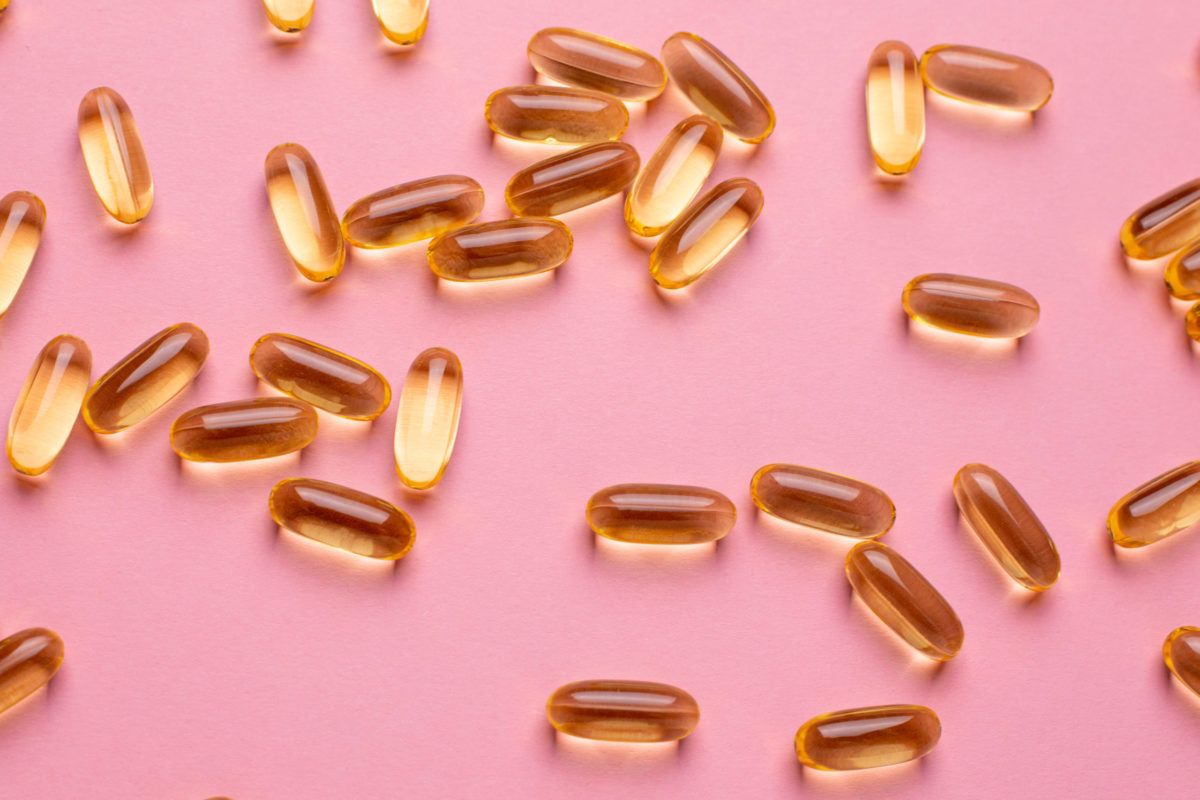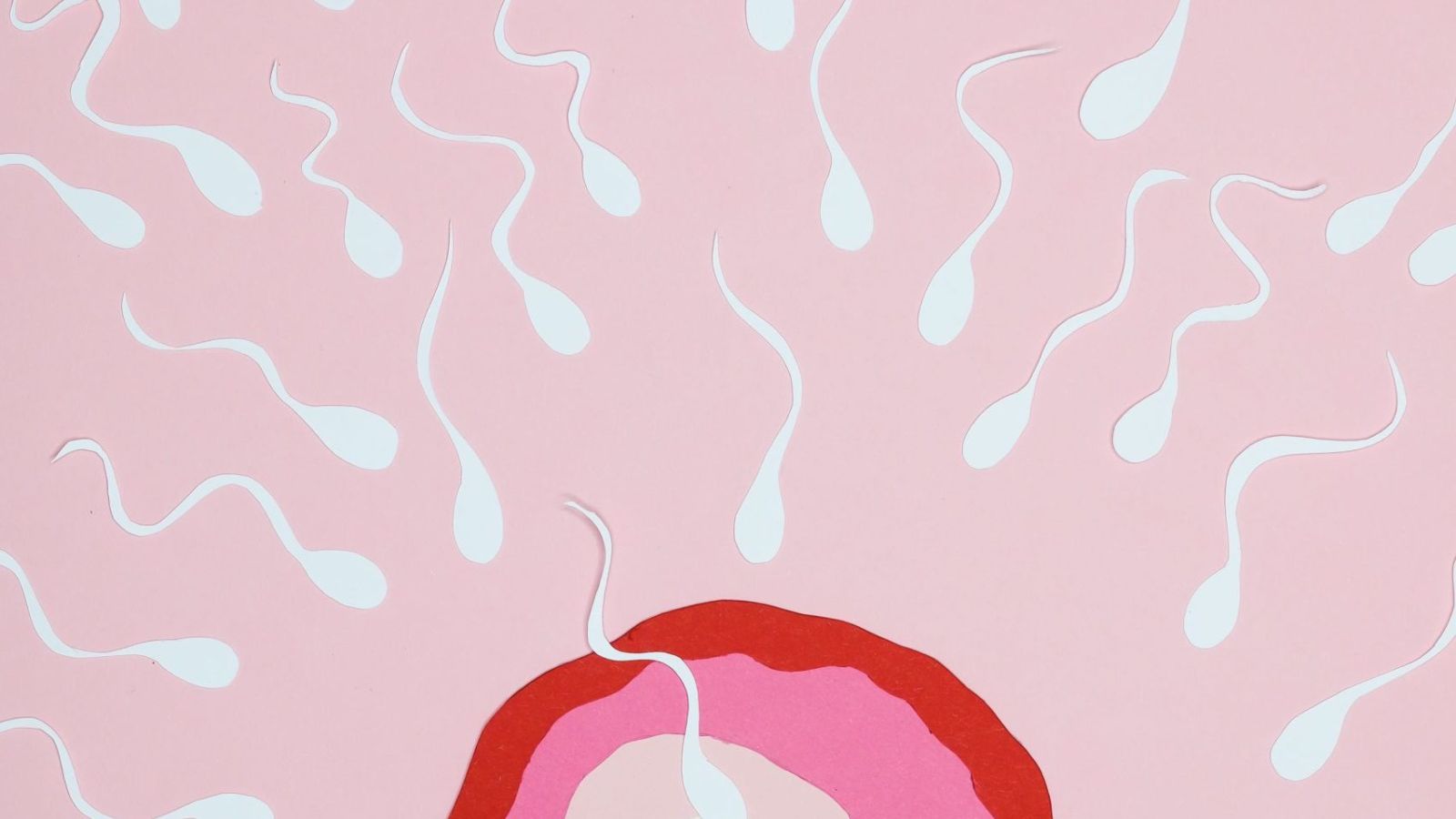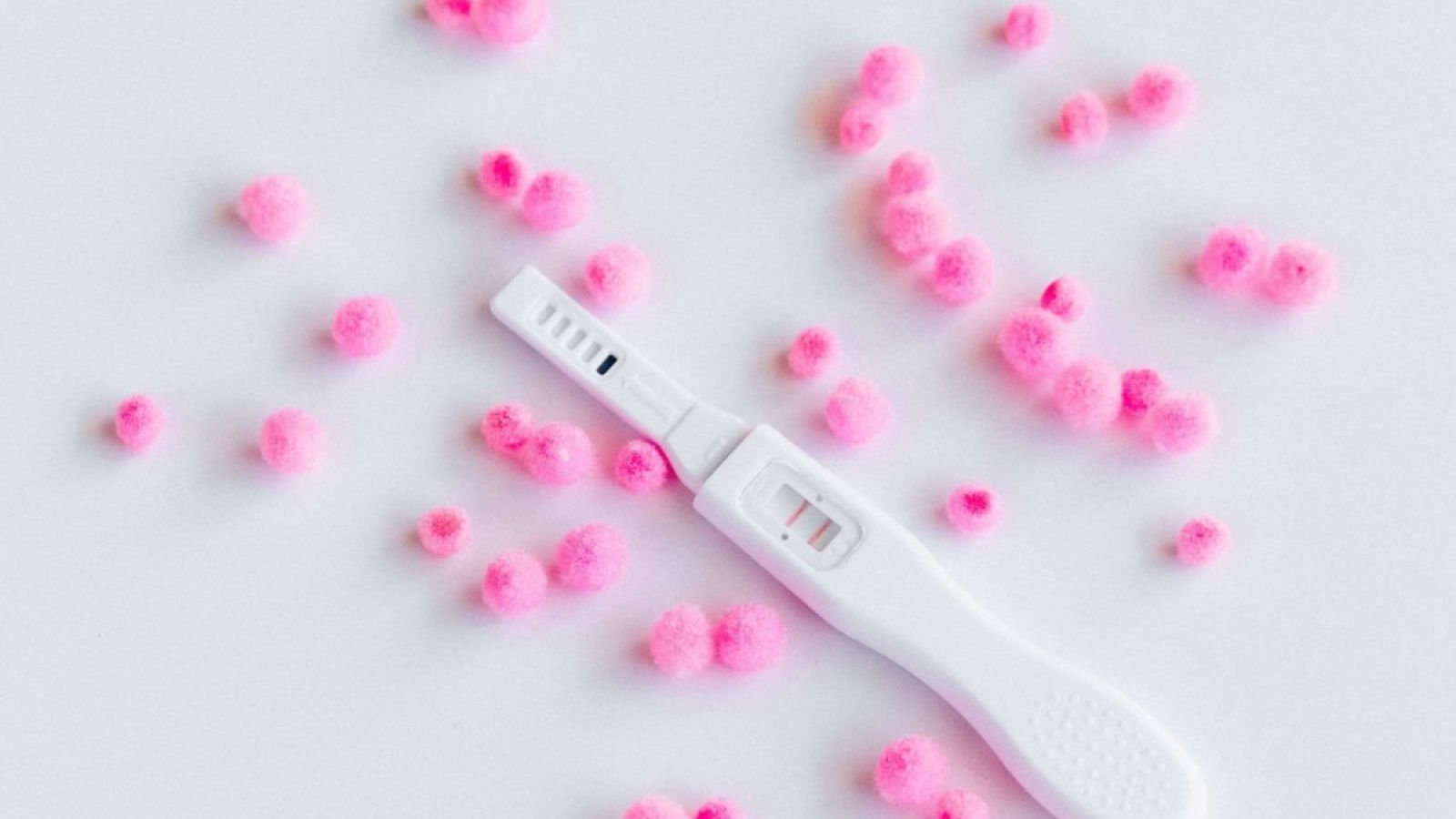
Three reasons to take supplements before pregnancy
You might know about the importance of taking nutritional supplements when you’re pregnant. But should you take vitamin and mineral supplements before pregnancy?
Pre pregnancy supplements for women trying to conceive
Following a healthy diet lays the foundation for a healthy pregnancy and helps reduce the risk of complications and birth defects. That’s why many experts recommend starting pre pregnancy supplements early. The period before getting pregnant is just as vital as pregnancy itself.
If you’re thinking of having a baby, it’s worth treating the three months before conception as an ideal time to prepare your body and make it baby-ready.
Taking pre-pregnancy supplements with vitamins and minerals can:
- Support your fertility while you’re trying to conceive
- Get your body baby-ready to meet the nutritional requirements once you do get pregnant
- Close potential nutrient gaps ahead of time!
Best pre pregnancy vitamins for fertility
If you’re planning to conceive, pre pregnancy vitamins can help support fertility and fill potential nutrient gaps. To choose a good-quality prenatal supplement, look for a balanced multivitamin and mineral formula that supports both preconception and pregnancy.
The best pre pregnancy vitamins and minerals to look out for include: Folic acid, iron, iodine, zinc, vitamin B6, vitamin B12, vitamin A and eventually DHA – an omega-3 fatty acid worth adding if you don’t eat much (or any) oily fish.
Pre pregnancy folic acid is key
Pre pregnancy folic acid is a must-have! Women planning a pregnancy should take 400 µg daily (or an equivalent folate supplement) to protect their baby’s future health.
Start supplementation at least 4 weeks before conception to help prevent neural tube defects.
Why supplements before pregnancy matter
Many women of childbearing age are low in key vitamins and minerals needed for a healthy pregnancy. For example, about 30% worldwide have anemia, most often due to low iron levels. Since the body’s nutrient needs rise significantly once you’re pregnant, these deficiencies can easily worsen.
Taking supplements before pregnancy can help fill these nutrient gaps — one of the best things you can do for your own well-being and to give your future baby a healthy start.
Learn more about how to prepare your body for conception.







